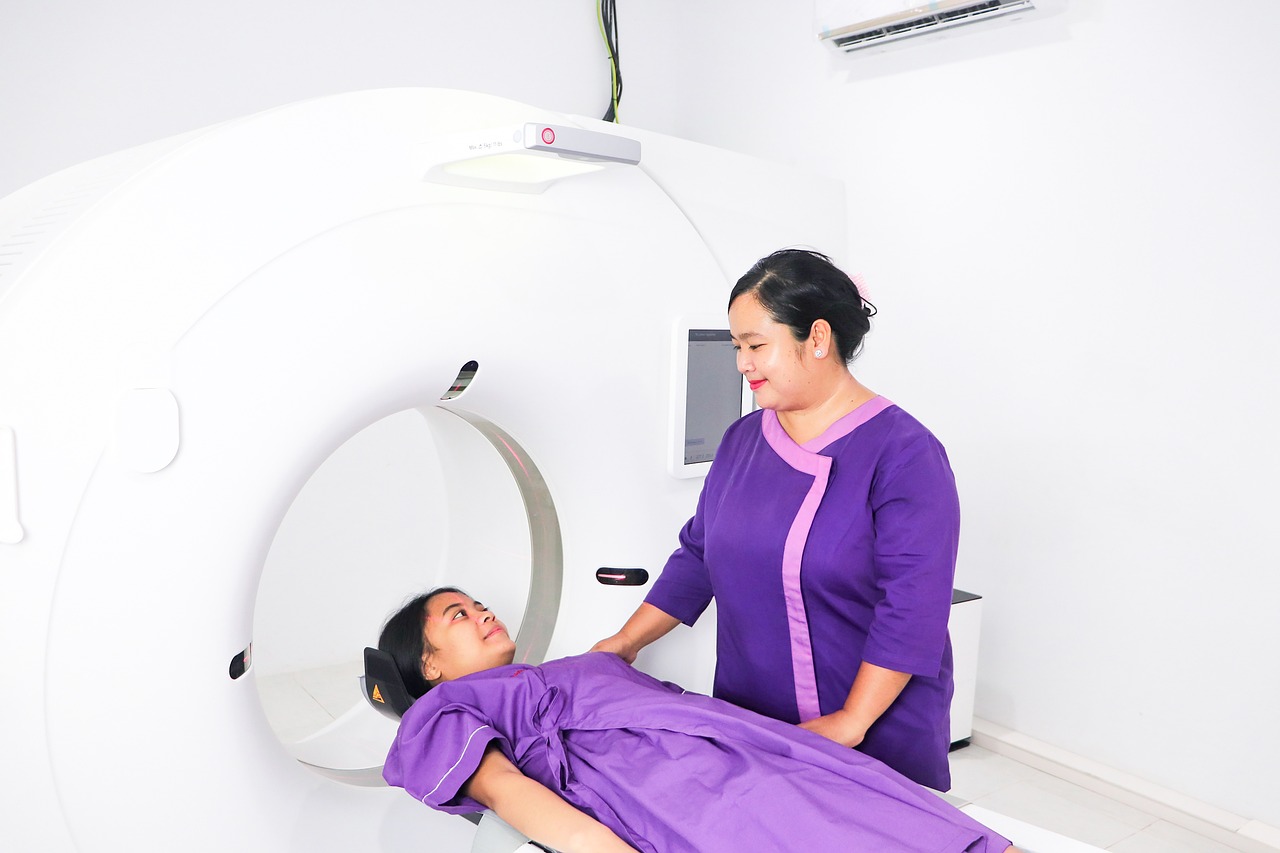Exploring Cultural Competence in Counseling
world 7.com, mahadev book login id and password, silver exchange demo id:Exploring Cultural Competence in Counseling
Cultural competence in counseling is a crucial aspect of providing effective mental health care to all individuals. It involves understanding and respecting the cultural backgrounds, beliefs, and values of clients to ensure that therapy is both appropriate and effective. As counselors, it is essential to recognize and address the impact of culture on a client’s worldview, communication style, and help-seeking behaviors.
In this article, we will delve into the importance of cultural competence in counseling, explore strategies for developing cultural competency as a counselor, and discuss the benefits of incorporating cultural sensitivity into therapy sessions.
The Importance of Cultural Competence in Counseling
Cultural competence is essential in counseling because individuals from diverse cultural backgrounds may have different experiences, values, and beliefs that influence their mental health and well-being. Without cultural competence, counselors risk misunderstanding or misinterpreting their clients’ experiences, which can lead to ineffective treatment and potential harm.
By developing cultural competence, counselors can create a more inclusive and supportive therapeutic environment that respects and values the diversity of their clients. This can help clients feel understood, validated, and empowered to address their mental health concerns.
Strategies for Developing Cultural Competence
1. Self-awareness: Counselors must first reflect on their own cultural beliefs, biases, and assumptions to understand how they may influence their interactions with clients.
2. Education and training: Counselors should seek out opportunities to learn about different cultures, traditions, and belief systems to enhance their cultural competence.
3. Building rapport: Establishing a strong therapeutic relationship based on trust and respect is crucial for effective counseling across cultures.
4. Active listening: Counselors should listen attentively to their clients’ stories, paying attention to verbal and nonverbal cues that may reveal important cultural nuances.
5. Flexibility: Being open-minded and adaptable to different cultural practices and communication styles is key to adapting counseling techniques to meet the needs of diverse clients.
The Benefits of Cultural Sensitivity in Therapy Sessions
1. Improved client outcomes: Cultural competence can lead to more accurate assessments and interventions that align with clients’ cultural values and beliefs, enhancing the effectiveness of therapy.
2. Increased client satisfaction: Clients are more likely to feel understood, respected, and valued when their cultural identity is acknowledged and integrated into the counseling process.
3. Reduced stigma: By promoting cultural sensitivity, counselors can help reduce stigma surrounding mental health within diverse communities, leading to increased help-seeking behavior.
4. Enhanced cultural awareness: Counselors who embrace cultural competence gain a deeper understanding of the complexities of culture and diversity, enriching their practice and personal growth.
Incorporating cultural competence into counseling is not only beneficial for clients but also for counselors themselves. It allows counselors to expand their perspectives, enhance their skills, and foster a more inclusive and supportive therapeutic environment.
FAQs:
Q: How can counselors address cultural differences in therapy sessions?
A: Counselors can address cultural differences by actively listening to clients, seeking to understand their cultural perspectives, and adapting therapeutic techniques to align with clients’ values and beliefs.
Q: Is cultural competence a one-time training or an ongoing process?
A: Cultural competence is an ongoing process that requires continual self-reflection, education, and practice to enhance counselors’ ability to work effectively with clients from diverse cultural backgrounds.






